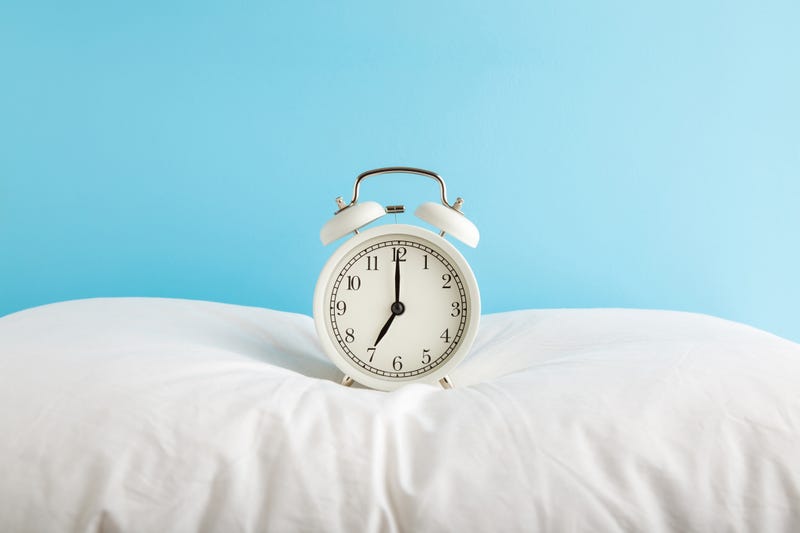
While it passed in the Senate with a rare showing of bipartisan support, a bill presented by Sen. Marco Rubio (R-FL) that would move the U.S. to daylight saving time permanently has now been reintroduced after it failed in the House last year.
Although Rubio’s Sunshine Protection Act failed, the Senator isn’t giving up. He filed a new bill on Wednesday that would look to do the same thing, eliminate the two time switches Americans make every year.
The new legislation has bipartisan support in the Senate again. It has also been referred to the Committee on Commerce, Science, and Transportation.
The details of the bill were not made available as of Thursday morning, but it is expected to be similar to the Sunshine Protection Act.
While the new law’s predecessor passed in the Senate with a unanimous vote, the House didn’t have the same collective opinion on the legislation, which inevitably put an end to the thought of having the country spring forward in March 2024 for the final time.
Part of the reason for the bill being halted included research from experts that argued daylight saving time was harmful to our sleep schedules and overall health.
Studies published over the last three decades have shown that the one-hour change can have a massive disruption on our body’s rhythms, which many say are in tune with the Earth’s natural rotation.
Experts like Dr. Elizabeth Klerman from Harvard Medical School told CNN last fall that she thinks moving an hour ahead permanently isn’t for the best.
“I’m one of the many sleep experts that knows it’s a bad idea,” Klerman, a professor of neurology in the division of sleep medicine, said.
Some experts have recommended the opposite of what the Sunshine Protection Act wanted to do, saying standard time should be observed permanently. Part of the reason comes from standard time being closer to the sun’s day and night cycle, which for centuries has set our circadian rhythm, according to Dr. Phyllis Zee, who serves as the Center for Circadian and Sleep Medicine director at Northwestern University’s Feinberg School of Medicine.
But if Congress looks to go against what experts have said, then from November through February, the sun would rise around 8:15 a.m., as we would lose an hour of morning daylight throughout the winter in exchange for an hour in the evening, with the sun setting at 5:30 p.m.
While it isn’t clear what Rubio’s new bill will seek to accomplish, it is clear that the U.S., excluding Arizona and Hawaii, will have to spring ahead an hour on March 12, when the nation goes back to daylight saving time.
Follow KNX News 97.1 FM
Twitter | Facebook | Instagram | TikTok


